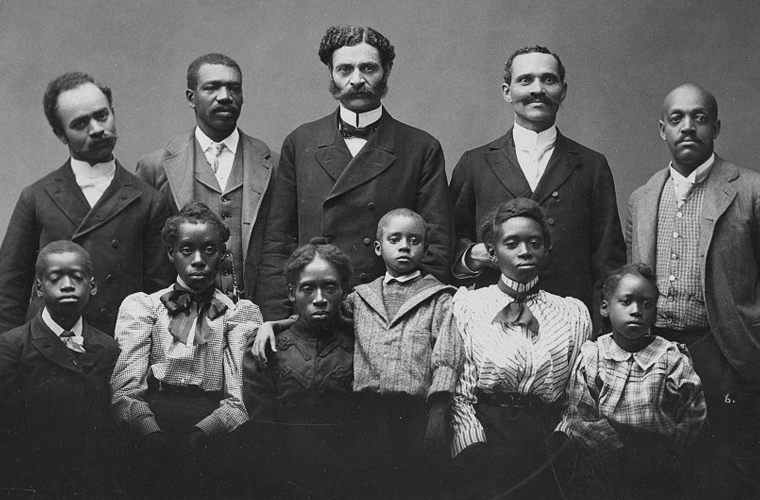On the evening of February 22, 1898, Frazier Baker, the postmaster for Lake City, South Carolina, was lynched. The brutal and senseless act of violence shocked the community and sparked outrage across the country. Baker was a well-respected member of the community and had been appointed as postmaster by President William McKinley in 1897. He was one of the few African Americans to hold a federal government position in the South at the time, and his appointment was seen as a sign of progress and hope for many.
However, Baker’s success and position of authority made him a target for those who opposed racial equality and integration. On the night of his lynching, a mob of white men stormed into his home, dragged him from his bed, and brutally beat him before hanging him from a tree. The reasons for Baker’s lynching are not entirely clear, but it is believed that it was motivated by a combination of racial hatred and political ambition. Some members of the white community resented Baker’s appointment as postmaster and saw it as a threat to their power and influence. Others may have been motivated by a desire to intimidate and terrorize the African-American community.
Regardless of the motives behind the lynching, the impact on the community was devastating. Baker’s death was not only a personal tragedy for his family and loved ones, but it also sent a chilling message to other African Americans who dared to challenge the status quo. In the aftermath of Baker’s lynching, there was widespread condemnation from across the country. Many prominent figures, including President McKinley, spoke out against the violence and called for justice to be served. However, despite these calls for action, no one was ever held accountable for Baker’s death.
The legacy of Frazier Baker’s lynching is a painful reminder of the deep-seated racism and violence that has plagued our country for centuries. It serves as a stark warning of the dangers of intolerance and hatred, and a call to action for all those who seek to build a more just and equitable society.
As we remember Frazier Baker and honor his memory, let us also renew our commitment to fighting racism and discrimination in all its forms. Only by working together can we create a world where everyone is valued and respected, regardless of their race or ethnicity.

